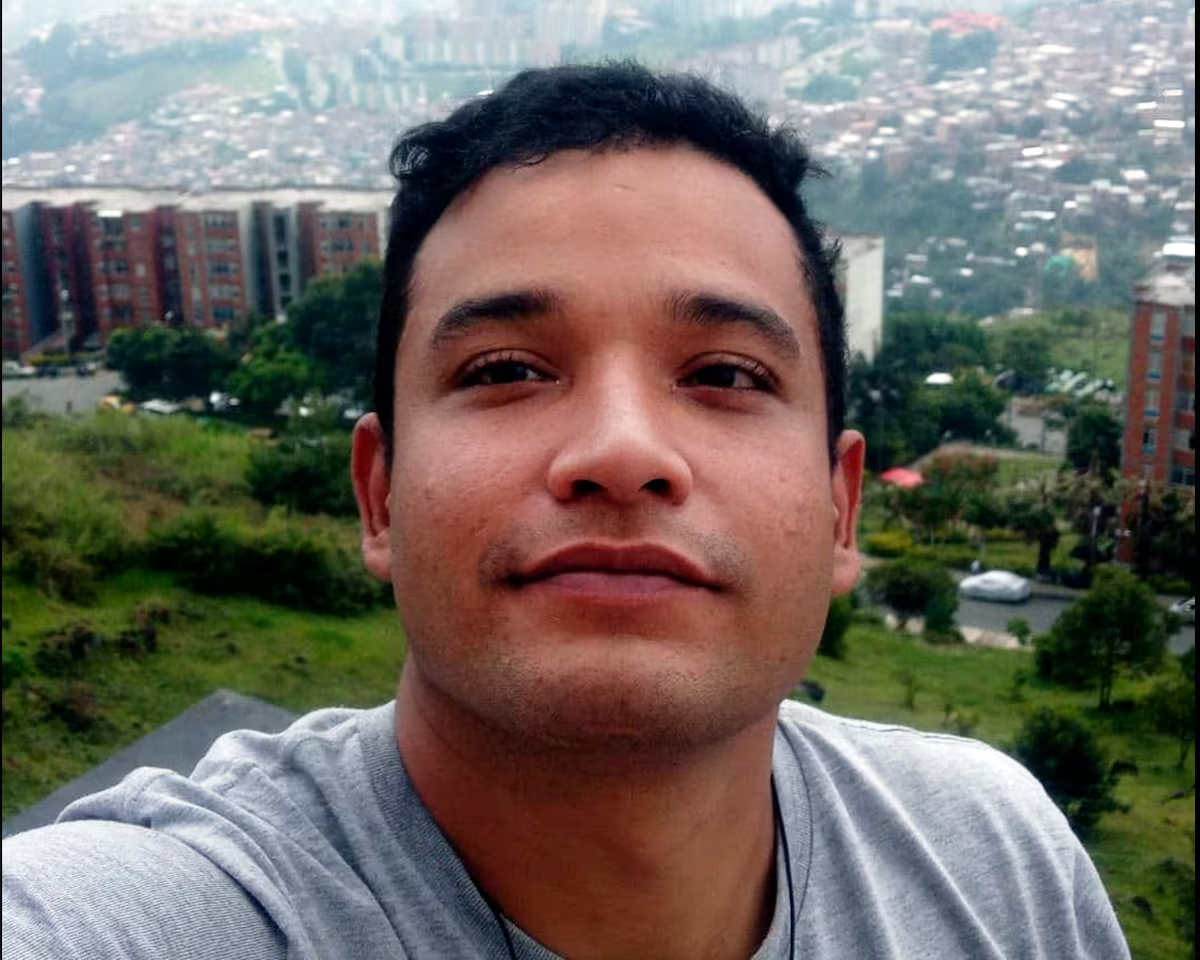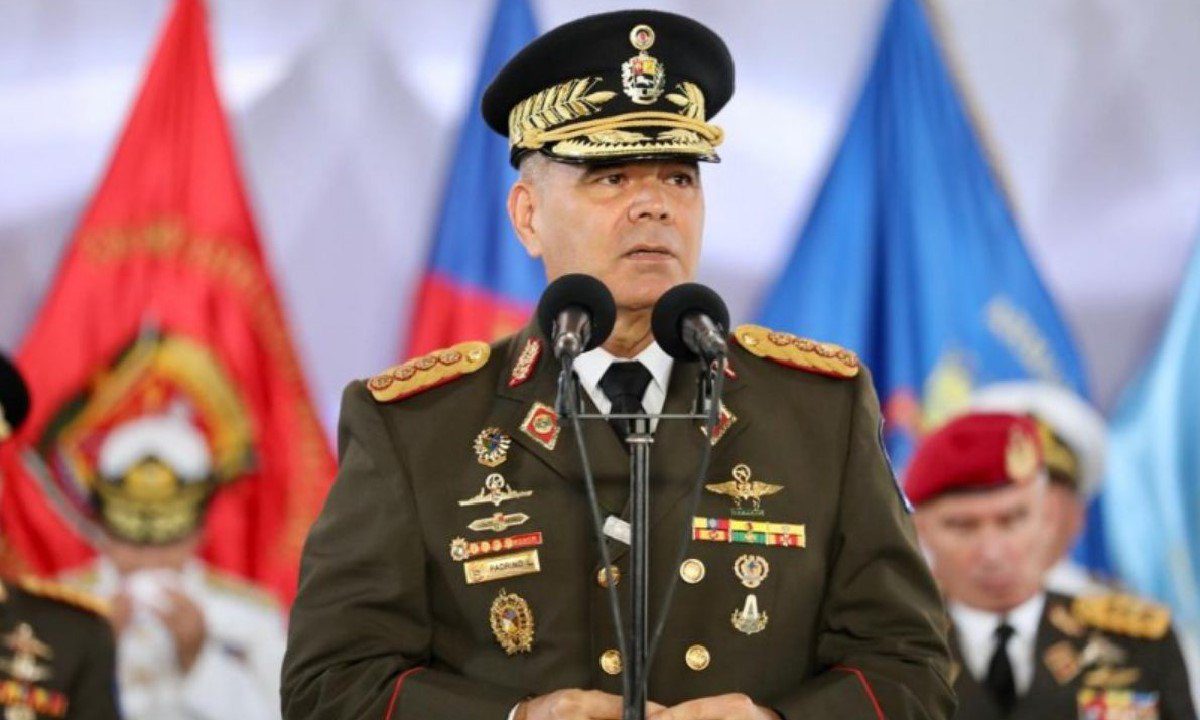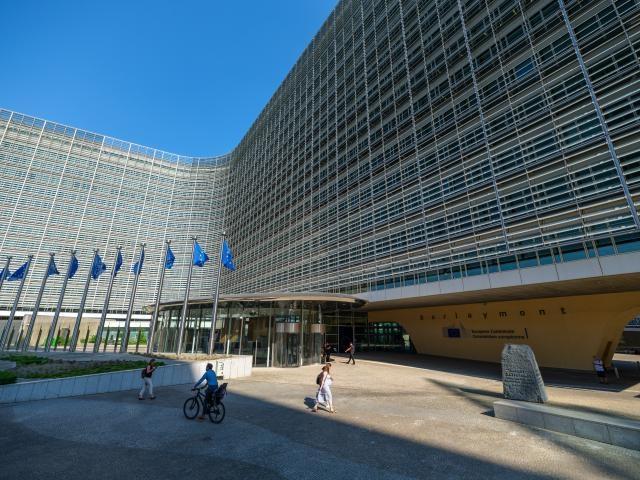Sanabria’s case comes amid a tightening of U.S. immigration policy and a rise in deportations, including those of asylum seekers and persecuted activists. Photo: Archive
Guacamaya, June 17, 2025. Former Venezuelan political prisoner Gregory Sanabria has been held at the Montgomery Processing Center in Texas since June 12, when he was detained by U.S. Immigration and Customs Enforcement (ICE). His arrest has raised alarms among numerous human rights advocates and political leaders due to the risk of his deportation.
Sanabria, 31, spent over three years in El Helicoide, a high-profile prison for political detainees, after being arrested by Nicolás Maduro’s government for participating in the 2014 protests. After his release in 2018 and facing the risk of further detentions, the activist chose exile and eventually arrived in the United States in 2022, crossing the Darién Gap.
After arriving in the U.S., the young Venezuelan began his application for political asylum, based on reports of beatings, abuse, and serious injuries suffered while in prison. His detention in the United States occurred after he voluntarily appeared for a routine immigration hearing related to his asylum request.
According to his brother, Anthony Sanabria, Gregory has no criminal record in the U.S. and has worked for platforms like Uber and in construction to support himself and send remittances to Venezuela. Both his family and civil organizations warn that if deported, Sanabria could once again face cruel treatment or even death.
“One day he told me: ‘I wouldn’t want to go back to prison, I’d rather die,’” Anthony Sanabria told NTN24. This fear has grown following information published by The Washington Post about Gregory’s possible transfer to El Salvador, where more than 200 Venezuelans have been detained since March after being deported.
Key voices demand guarantees for Gregory Sanabria
Several key international actors in the defense of human rights, as well as U.S. political leaders, have expressed concern over Gregory Sanabria’s detention and possible deportation. Juan Pappier, Deputy Director of the Americas Division at Human Rights Watch (HRW), told the Spanish newspaper El País that the situation would put Gregory in a position of vulnerability.
For his part, Republican Congressman Mario Díaz-Balart sent a letter to Secretary of Homeland Security Kristi Noem, requesting Sanabria’s release and warning that “if he is returned to Maduro’s regime, his life would be in grave danger.” Díaz-Balart emphasized that the United States “must continue to be a beacon of freedom and democracy,” and that protection is a moral and national security duty.
Likewise, Amnesty International Americas demanded that Sanabria’s right to seek asylum be respected and highlighted the need for him to receive international protection. The organization stressed that U.S. immigration policies “cannot ignore the real risk that Gregory and thousands of others could be sent back to a country where they could be tortured.”
Gregory Sanabria is originally from Táchira state and was studying Computer Engineering at the National Experimental University of Táchira (UNET) before his detention in 2014. For now, Sanabria remains awaiting a decision from an immigration judge, while the international community and civil society closely follow the case.







